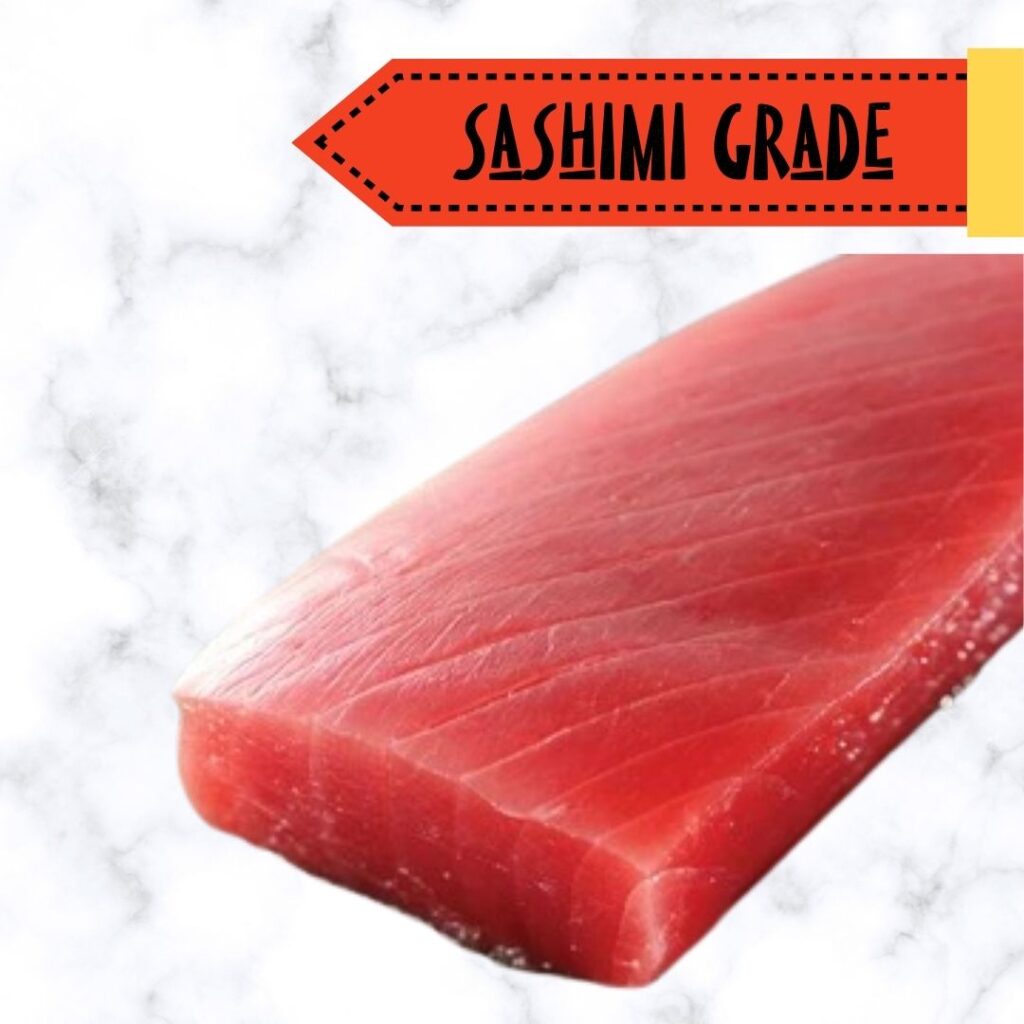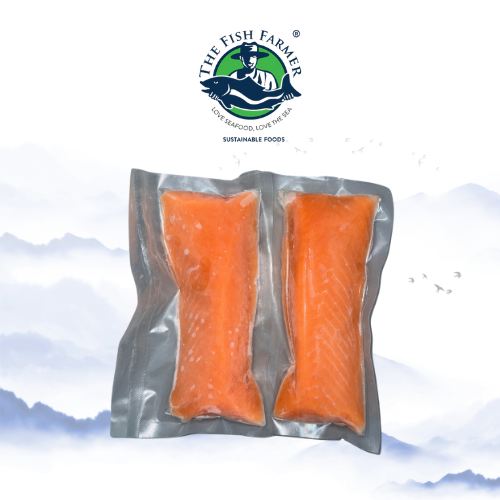5 Best Type of Fish to Feed Your Cats
If you’re a cat parent like me, you know how those little furballs magically appear the moment you open a can of tuna or start cooking seafood.
Cats and fish - it’s a classic combination. Whether it’s the smell of tuna or the sight of salmon, most cats can’t resist a tasty seafood treat. But not all fish are equal when it comes to your cat’s health. Some types offer valuable nutrients, while others should only be given in moderation or prepared carefully.
Let’s dive into the 5 best fish to feed your cat, plus some quick tips on how to make sure it’s healthy, tasty, and totally safe.
Why Fish Is Good for Cats
Fish can be a healthy addition to your cat’s diet because it’s rich in:
Protein - helps maintain strong muscles
Omega-3 fatty acids - support healthy skin, a shiny coat, and joint health
Vitamins and minerals - such as vitamin D and B12 for overall wellbeing
However, fish should be treated as a supplemental food or treat, not the main meal. Cats still need a balanced diet that provides essential nutrients like taurine, which may not be present in large amounts in fish alone.

The 5 Best Fish for Cats
1. Salmon
Salmon is packed with omega-3s that support coat health and reduce inflammation.
How to prepare:
Always cook it thoroughly to eliminate parasites.
Steam, bake, or boil without any oil, salt, or seasoning.
Remove all bones before serving.
Things to take note:
Never feed raw salmon, as it may contain parasites.
Too much salmon can cause a vitamin E deficiency (leading to “yellow fat disease”), so limit to once or twice a week.
Avoid smoked or seasoned salmon — they’re too salty for cats.
Serving idea: A small piece of plain, cooked salmon once or twice a week makes a great treat.
2. Tuna
Tuna’s strong aroma and flavor make it a cat favorite, but it should be offered in moderation due to its mercury content.
How to prepare:
Use fresh tuna or canned tuna in water, not oil or brine.
Boil or steam it, then flake into small pieces.
Limit to occasional treats rather than daily feeding.
Things to take note:
Tuna can be high in mercury, especially larger species like albacore. Feed sparingly - once a week or less.
Not a complete diet: tuna lacks essential nutrients like taurine and vitamin E.
Avoid raw tuna, even if it’s “sashimi-grade,” as it can contain thiaminase, an enzyme that breaks down vitamin B1 (essential for cats).
3. Mackerel
Mackerel is another oily fish rich in omega-3s and vitamin D — great for coat and joint health.
How to prepare:
Steam or poach until fully cooked.
Remove the skin and all bones before serving.
Things to take note:
Mackerel is oilier than other fish, so offer it occasionally to avoid digestive upset.
Like tuna, it may contain mercury, so moderation is key.
Avoid canned mackerel in sauces or brine.
4. Sardines
Sardines are small but nutrient-packed - they’re full of calcium, iron, and omega-3s.
How to prepare:
Choose fresh sardines or canned sardines in water (not oil or tomato sauce).
If canned, rinse lightly before mashing and serving.
Things to take note:
Sardines are lower in mercury than larger fish - a safer choice for regular treats.
Avoid sardines packed in oil, salt, or sauces.
Because they’re oily, small portions go a long way (a teaspoon or two is enough).
5. Cod
Cod is a mild, lean fish that’s gentle on sensitive stomachs. It’s lower in fat but still provides solid protein.
How to prepare:
Boil or steam without salt, oil, or seasonings.
Check for bones before serving.
Things to take note:
Cod is low in fat, so it’s great for cats that need lighter meals — but it’s not as rich in omega-3s as oily fish.
Avoid salted or cured cod (like bacalao).
Feed alongside regular cat food to ensure a balanced diet.
Frozen Norwegian Salmon Fillet 180g
$15.00 – $28.50Price range: $15.00 through $28.50How Often Should You Feed Fish?
Fish should be a treat or supplement, not a staple. Offer it once or twice a week in small portions (about a teaspoon or two for an average adult cat). Overfeeding fish can lead to:
Mercury buildup (from tuna or mackerel)
Nutritional imbalances (low taurine, vitamin E deficiency)
Digestive issues from too much oil or fat
Always pair fish treats with a complete and balanced cat food.






